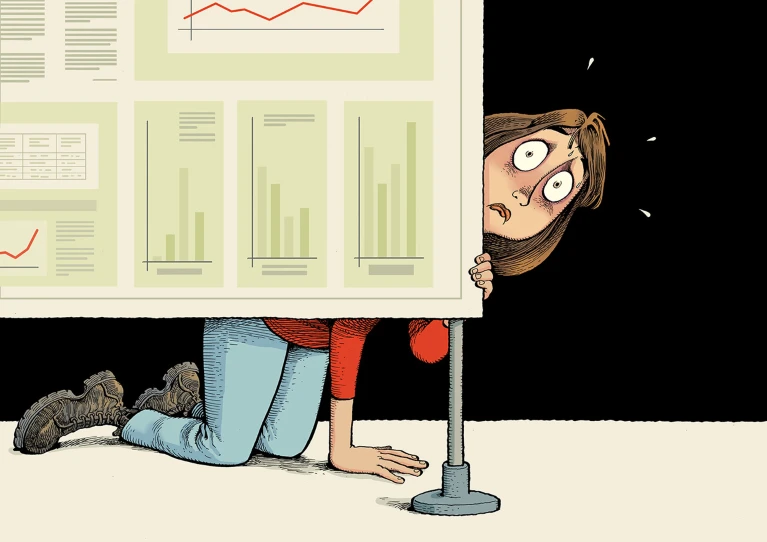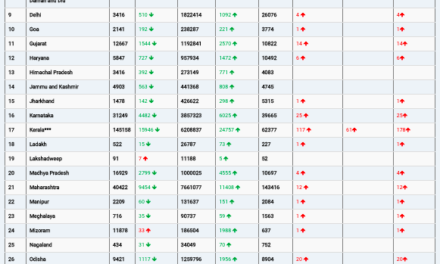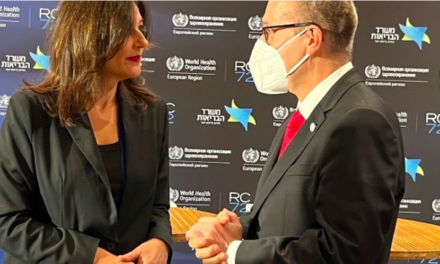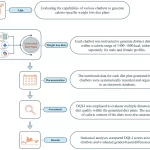January 10, 2025 – The credibility of scientific publications is under mounting scrutiny as researchers, editors, and institutions grapple with systemic challenges that threaten the integrity of scholarly research. Studies and reports from across the academic world, including insights from Dr. María Ángeles Oviedo-García of the University of Seville and platforms such as Science and Retraction Watch, underscore a disturbing trend: the erosion of trust in scientific literature.
AI and the Surge of Low-Quality Submissions
Artificial Intelligence (AI), often hailed as a revolutionary tool for research, is now complicating the publication process. AI-generated submissions, ranging from letters to comments, are inundating journals with low-quality content. In response, Neurosurgical Review editor-in-chief Dr. Daniel Prevedello announced a temporary halt to such submissions, citing their insufficient quality.
The problem extends beyond a single journal. In Oral Oncology Reports (Elsevier), comments accounted for 70% of content, while in the International Journal of Surgery Open (Wolters Kluwer), they made up nearly half. Neurosurgical Review saw a dramatic increase in low-effort contributions, with letters, comments, and editorials constituting 58% of content in 2024, compared to just 9% in the prior year.
This influx benefits authors, publishers, and institutions alike. Authors inflate their publication records with rapidly produced outputs, publishers profit from publication fees, and universities enhance their reputations through sheer publication volume. However, the long-term cost is the degradation of academic rigor and the dilution of meaningful contributions to the field.
Peer Review Integrity Under Fire
Peer review, a cornerstone of academic publishing, is also facing significant challenges. In a recent Scientometrics study, Dr. Oviedo-García revealed widespread malpractice in the peer review process. An analysis of 263 reviews from 37 journals found that reviewers often reused identical phrases across evaluations, sometimes in dozens of reviews. In one case, a reviewer employed the same wording in 52 assessments, raising concerns about the depth and authenticity of their evaluations.
These practices risk propagating flawed research, particularly in critical fields like health and medicine. “Future research could be based on these fake reports, which is frightening,” said Dr. Oviedo-García. She suspects reviewers may rely on templates to expedite their work and enhance their résumés. Some even reportedly pressured authors to cite their own publications.
The Role of AI in Peer Review
AI’s growing role in academic publishing extends to the peer review process itself. At international conferences, experts have highlighted claims that AI can generate research papers in weeks and dissertations in months. These tools are also suspected of infiltrating peer reviews, raising doubts about their reliability.
Preprint platforms, which bypass traditional peer review, exacerbate the issue. Additionally, some publications include hundreds of authors, making individual contributions difficult to assess. As a result, questions about authorship integrity and accountability have intensified.
Dr. Ulrich Dirnagl of Charité — Universitätsmedizin Berlin noted in a Laborjournal article that scientific papers have become so complex that even expert reviewers struggle to evaluate them thoroughly. The review process, an unpaid and anonymous task, demands significant time and effort—resources many are unwilling or unable to provide. “The self-correction of science no longer works as it claims,” Dirnagl remarked.
The Need for Reform
The challenges facing scientific publishing call for urgent reform. While AI offers promising tools for research and writing, its unchecked use risks undermining the credibility of scholarly literature. Similarly, addressing the flaws in peer review requires systemic changes to ensure transparency, accountability, and fairness.
The old Russian adage, “Trust, but verify,” remains a timeless reminder for the scientific community. As the volume of research grows, so too must efforts to uphold the integrity and credibility of the field—a task crucial for the future of science.











